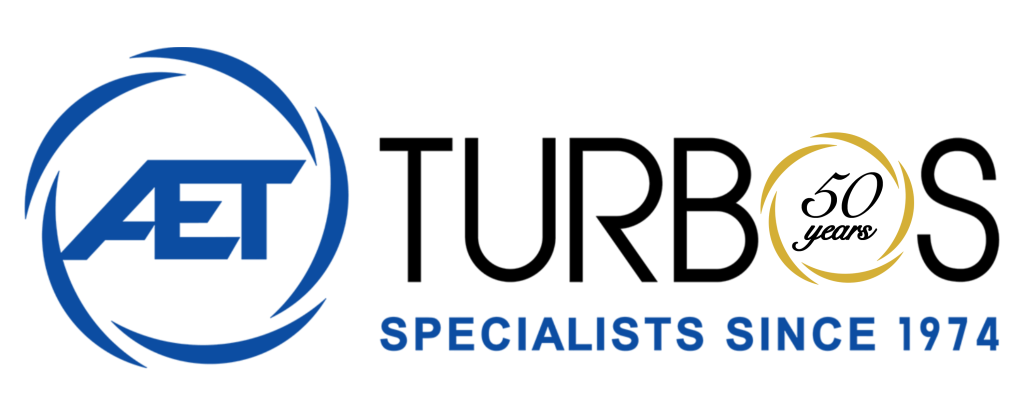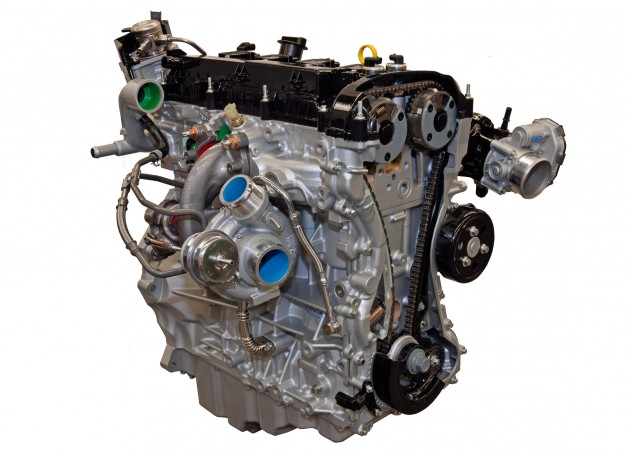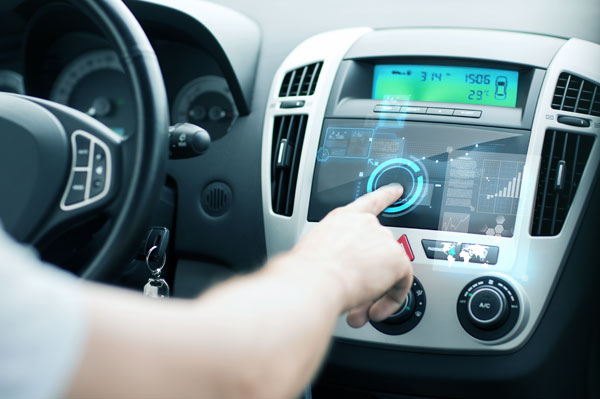Customers often come to our sister company, AET Motorsport, looking to improve the performance and economy of their vehicles, and they’re always being asked about the differences between tuning boxes and ECU remaps.
Usually, customers want to know which is going to deliver the biggest improvements to performance/economy, and which is the safest option for their car. In this post, we take a look at the issue in detail, looking at the cost, performance and safety of both options.
How remapping works
An ECU reflash or remap works by altering the software inside the ECU – a vehicle’s on board computer that’s responsible for controlling vital engine functions including ignition timing, fuelling and boost pressure.
When manufacturers make vehicles, they err firmly on the side of caution when it comes to the stock ECU settings.
As part of this, they artificially restrict the performance of the car to protect the engine from owner neglect (e.g. using poor quality fuel/leaving too long between services), or to ensure that the vehicle fits into certain categories (for the company car market).
By optimising these settings and fine-tuning the software within certain safety parameters via a remap, you can significantly improve the engine power, efficiency or a combination of the two without compromising on durability or lifespan.
For further information about ECU remapping, how it works and its benefits, take a look at our previous post Power & Efficiency – The Benefits of an ECU Reflash.
How a Tuning Box works
Tuning boxes work in a different way – essentially overruling the ECU and tricking it into increasing engine performance. Fitted between the engine sensors and the actuator, a tuning box sits down the line from the ECU, and alters the data that the ECU receives and sends to the engine.
This means feeding the ECU inaccurate data about fuel pressure and telling the ECU that the fuel pressure is lower than it is – so the ECU forces the engine to increase the fuel pressure to compensate, boosting engine performance.
However, this can be dangerous, and there’s always the chance that you overstress the engine, causing unnecessary wear and tear and reducing the lifespan of your engine.
Performance, economy and price – which is better
In practice, you’re likely to achieve better results in terms of performance and fuel economy from a professional, high quality remap that you are from even the most advanced tuning box.
When added to the inherent downsides associated with tuning boxes like the increased wear and tear on components, we reckon that a good ECU remap is the right choice for the vast majority of customers.
Every engine is different, and a tuning box doesn’t take this into account – it’s made to generic specifications for a particular model, whereas an ECU can be tailored to match the individual quirks of your vehicle.
The only time we would recommend a tuning box over a remap is on older vehicles (pre-2000) where you can’t alter the software on the ECU without physically removing it from the vehicle. Even then, it’s best to tread carefully, and chip tuning (where you take the ECU out and reprogram it manually) usually provides a better option.
The right remap
It’s important to remember that not all ECU remapping services work in the same way, and choosing the right kind of remap will make a huge difference. Many remapping firms will simply upload a generic remap and send you on your way – but this will not provide you with the best results.
It’s much better to go for a high quality remap that’s fully customised to your vehicle. At AET, we connect every vehicle to our chassis dyno to test performance as part of the remap, so we can tailor it to meet the idiosyncrasies of your vehicle.
How AET can help
At AET, our friendly, experienced teams specialise in providing tailored remapping for a full range of petrol and diesel vehicles, including naturally aspirated and turbocharged engines.
With an advanced chassis dyno, we can help you make the most out of your vehicle, boosting performance and economy to meet your individual requirements.
For further information on any aspect of remapping, get in touch with an expert member of the AET team today on 01924 588 166.



